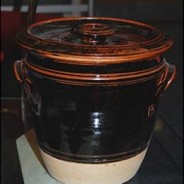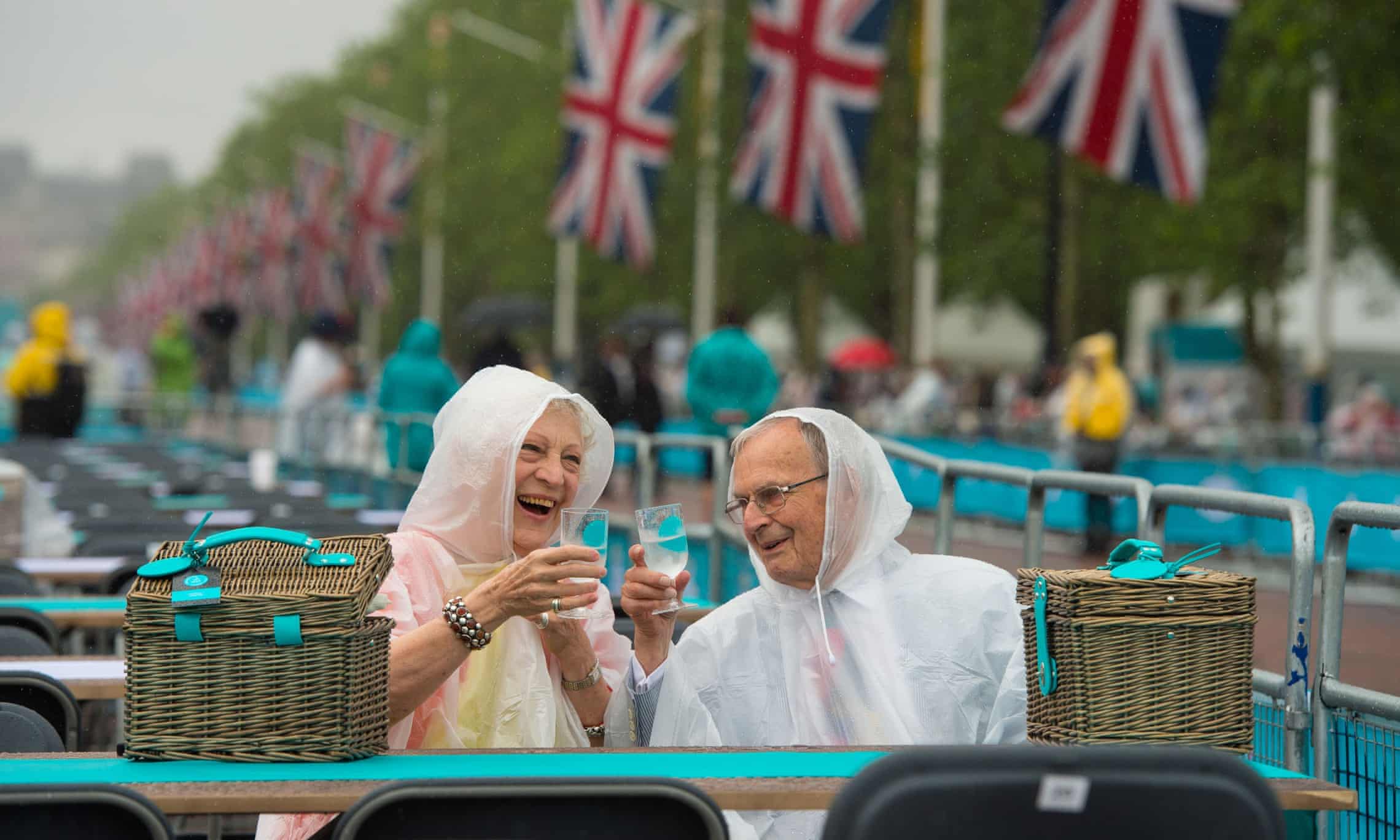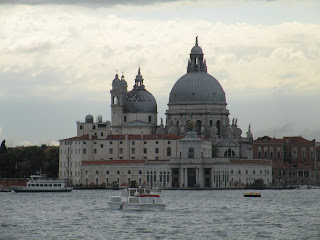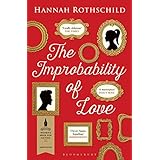
Photo courtesy of the Corbet family with thanks to Gillian Mawson
Seventy-six years ago today on June 28 1942 enemy planes bombed Guernsey harbour triggering the German Military Occupation of the Channel Islands.
The tomato lorries, queuing patiently to send their precious load to the mainland, were mistaken for troops, even though there was no question of the island being armed for an invasion. Prime Minister Winston Churchill had already made that clear.
What happened next changed lives forever.
My novel Occupying Love begins on that day just as Lydia Le Page disembarks from the mail boat in the warm evening sunshine.
June 1940
The shock of
that day never left her; it invaded her dreams and shadowed her waking moments.
She could see herself now, carrying an old brown suitcase down the ship’s
gangplank, her chocolate brown hair tousled by the fresh Guernsey breeze. In
the year since she’d left the island nothing had changed. Fishing boats rocked
from side to side, slapping waves against the harbour walls, yacht sails
shimmered in the early evening sun, fine wisps of cloud skittering across the
skies like pockets of hand-stitched lace.
Up ahead, the old tomato lorries wound their
way like a wooden snake towards the cargo ships bound for England. Her papa had
grown tomatoes in the greenhouses behind their home for as long as she could
remember. Nowadays he didn’t need the income, but the twelve-pound fruit
baskets – or ‘chips’ as the locals called them – were his pride and joy. Feeling exhilarated
at the thought of seeing her parents again, Lydia headed for the bus terminus,
stopping to rest on a bench by the harbour wall.
It started as
a low rumble, like a vast swarm of bees in flight, growing steadily louder till
it turned into a roar. Startled, she shaded her eyes from the sun and stared up
into the sky. Three planes came into view, bright lights shining from their
wings. A wave of raw fear rose up from her stomach. Someone shouted, ‘Enemy aircraft’ and her limbs froze.
Lydia dropped to the ground, her face hitting the dirt as she landed. Bullets
ricocheted over her head as she cowered in terror while the bombs plunged with
sickening accuracy on to the harbour.
A piercing scream brought Lydia back to
reality – it came from her own lips. All around her people were crying or
standing motionless in shock as blood dripped on to the pavements while air
raid sirens, woken from their reverie, shrieked in protest. Coughing, she
gasped for air, dense now with smoke, and tried to roll over.
‘You okay,
Miss?’ A policeman loomed overhead.
She fingered a cut on her face. ‘I think so.
What happened?’
‘The Jerries
have bombed the tomato lorries. Must ’ave mistaken them for tanks.’ He gripped
her arm. ‘Can you get up?’
Nodding, she let him pull her off the ground.
‘I’d get out
of here, if I were you. Fast as you can. It’s not safe.’
‘But Papa,
what about Papa?’ A vision of her father lying dead in the rubble flashed in
front of her eyes. ‘He’ll be in one of those lorries…’
‘If he’s out
there now, Miss, there’s nothing you can do for him. You’d best find shelter in
case the Jerries come again.’
Her suitcase long forgotten, Lydia headed for
the dockside where a lone mother sat in the debris, cradling her daughter in
the shelter of the harbour wall. The child was silent but the woman sobbed as
smoke rose into the sky like a giant funeral pyre.
You can find out more about Occupying Love in the link at the top of this blog.












![A Woman of Substance (Emma Harte Series Book 1) by [Bradford, Barbara Taylor]](https://images-eu.ssl-images-amazon.com/images/I/411XSaxjNTL.jpg)












 Photo courtesy of listia.com
Photo courtesy of listia.com

















